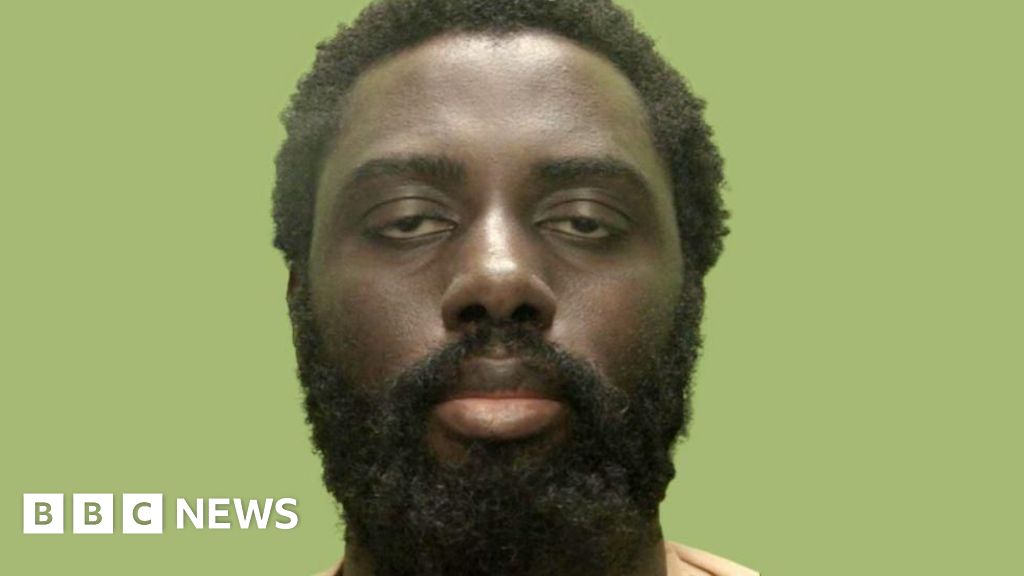 Nottinghamshire Police
Nottinghamshire PoliceNHS England says the mental health trust that treated the killer who carried out the Nottingham attacks must attend monthly progress meetings to discuss improvements or face losing its licence.
Valdo Calocane received a hospital order after admitting the killings of Ian Coates, Grace O’Malley-Kumar and Barnaby Webber on 13 June 2023.
He was under Nottinghamshire Healthcare NHS Foundation Trust’s care from May 2020 to September 2022.
NHS England’s report details “a number of failings” found by a special review into the trust’s services and outlines the steps it must take to improve, with a warning of “further formal action” if any of those steps are not met.
The report says NHS England has “reasonable grounds” to suspect the trust is failing to comply with certain conditions of its licence.
This includes quality of care, leadership and governance, as well as financial performance.
It said: “The licensee will attend monthly Oversight and Assurance meetings with NHS England to discuss its progress in the required actions as set out in this document.”
 Supplied
SuppliedIn August, a damning report was released by the Care Quality Commission (CQC), which the victims’ families said “demonstrates gross, systemic failures in the mental health trust”.
Rampton Hospital, a high-security facility run by the trust, was rated inadequate by a CQC report published in January.
A special review was commissioned in March, which has since found “a number of failings” in relation to safety and quality of care across community mental health services and Rampton Hospital.
The review also outlined failings in care in “relation to a serious homicide incident”, for which NHS England has commissioned an Independent Homicide Investigation.
Any recommendations that arise from that should be included in the trust’s plan, the report added.
Monthly progress reports
The report said the trust was required to take “all reasonable steps” to address concerns raised by CQC reports since 2023 until it was no longer found to be inadequate by inspectors.
It stipulates the trust must continue to submit a monthly, board-approved progress report in relation to these steps, and a separate progress report against 25 recommendations set out by the special review.
The report also said the trust reported a year-end deficit of £22m in the financial year 2023-24 and failed to develop a plan for the following year which met the NHS England requirement to break even.
“These failings by the licensee demonstrate a failure of governance arrangements,” the report added.



